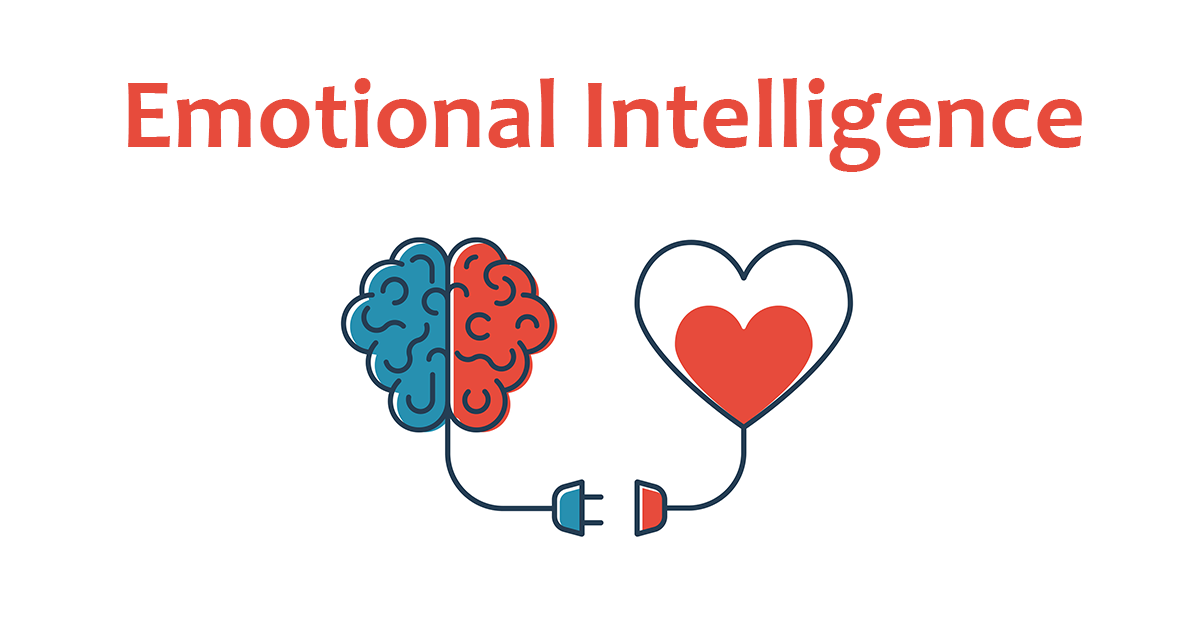EI refers to the ability to identify, understand, manage, and express emotions effectively, both in oneself and others. It encompasses a set of skills that enable individuals to navigate social complexities, make informed decisions, and achieve personal and professional goals. This essay explores the concept of EI, its components, importance, development, and practical applications in various contexts.
Self-awareness
Self-awareness involves recognizing and understanding one's own emotions, strengths, weaknesses, values, and motivations. It enables individuals to assess how their emotions impact their thoughts and behaviors, fostering a deeper understanding of themselves.
Self-regulation
Self-regulation refers to the ability to manage and control one's emotions, impulses, and reactions in various situations. It involves techniques such as stress management, adaptability, and resilience, allowing individuals to maintain composure and make rational decisions under pressure.
Social Awareness
Social awareness involves perceiving and understanding the emotions, needs, and concerns of others. It includes empathy, which enables individuals to connect emotionally with others, build relationships, and respond effectively to different social cues and dynamics.
Relationship Management
Relationship management encompasses the ability to communicate clearly, inspire and influence others, resolve conflicts constructively, and collaborate effectively in teams. It involves skills such as communication, leadership, teamwork, and conflict resolution, fostering positive and productive interpersonal relationships.
Personal Well-being
Individuals with high Emotional Intelligence tend to have better mental health, higher self-esteem, and greater overall life satisfaction. They are better equipped to manage stress, adapt to change, and maintain a positive outlook even during challenging times.
Professional Success
In the workplace, EI is a key determinant of leadership effectiveness, performance, and career advancement. Leaders with strong EI inspire trust, motivate their teams, and foster a collaborative and inclusive work environment. They are adept at managing conflicts, providing constructive feedback, and promoting employee engagement and productivity.
Social Relationships
Emotionally intelligent individuals form deeper and more meaningful connections with others. They are sensitive to others' emotions, communicate effectively, and resolve conflicts peacefully. This enhances their social interactions, strengthens friendships, and builds supportive networks, contributing to a fulfilling social life.
Self-reflection and Awareness
Engaging in self-reflection allows individuals to gain insights into their emotions, thoughts, and behaviors. Keeping a journal, seeking feedback from others, and practicing mindfulness are effective strategies for enhancing self-awareness and self-regulation.
Social Skills Training
Participating in social skills training programs can help individuals improve their interpersonal communication, conflict resolution, and leadership abilities. Role-playing exercises, workshops, and group discussions provide opportunities to practice and refine relationship management skills.
Emotional Regulation Techniques
Learning effective stress management techniques, such as deep breathing, meditation, and physical exercise, promotes emotional stability and resilience. Developing a repertoire of coping strategies enables individuals to navigate challenging situations with composure and clarity.
Education
Educators can incorporate Emotional Intelligence training into school curricula to enhance students' social and emotional learning (SEL). Teaching emotional literacy, empathy, and conflict resolution skills equips students with essential life skills and promotes a positive school climate.
Healthcare
Healthcare professionals with high EI demonstrate greater empathy, patient rapport, and clinical effectiveness. They are better able to understand patients' emotions, provide compassionate care, and navigate challenging interactions with sensitivity and professionalism.
Leadership
Effective leadership hinges on Emotional Intelligence, as leaders must inspire and motivate their teams, build trust, and foster a collaborative work environment. Leaders who prioritize EI are more adaptive, resilient, and capable of navigating organizational change and uncertainty.
Personal Development
Individuals can cultivate EI through continuous learning, self-improvement, and personal growth initiatives. Engaging in activities that promote self-awareness, empathy, and effective communication enhances EI and contributes to overall well-being and success.
Cultural and Contextual Considerations
EI manifests differently across cultures and contexts, influenced by societal norms, values, and communication styles. Cultural sensitivity is crucial in applying EI effectively, as perceptions and expressions of emotions vary widely.
Challenges and Limitations
While EI is a valuable skill, it is not without challenges and limitations. Individuals may struggle to maintain emotional balance in highly stressful or emotionally charged situations, impacting their decision-making and interpersonal interactions.
Future Directions and Research
The study of EI continues to evolve, with ongoing research exploring its impact on individual and organizational outcomes. Future research directions include investigating the effectiveness of EI interventions in diverse settings, such as education, healthcare, and leadership development.
Conclusion
Emotional Intelligence is a critical skill that enables individuals to understand and manage emotions effectively, both in themselves and others. By developing self-awareness, self-regulation, social awareness, and relationship management skills, individuals can enhance their personal well-being, achieve professional success, and cultivate meaningful social relationships. Embracing EI fosters resilience, empathy, and positive interpersonal dynamics, contributing to a more fulfilling and balanced life.





Comments